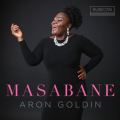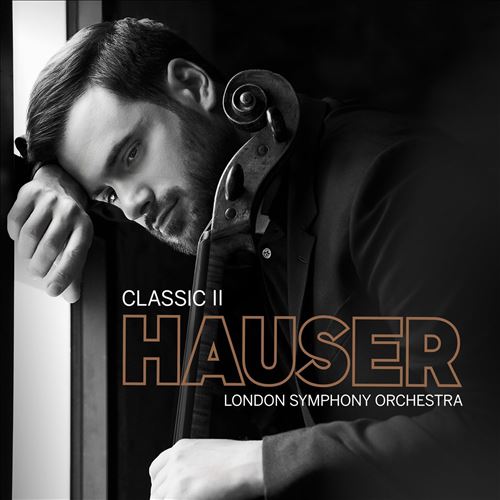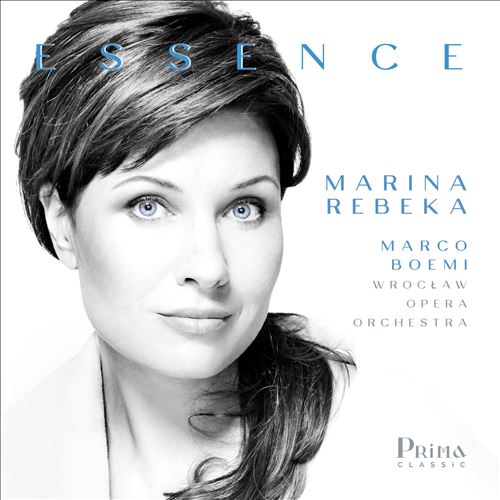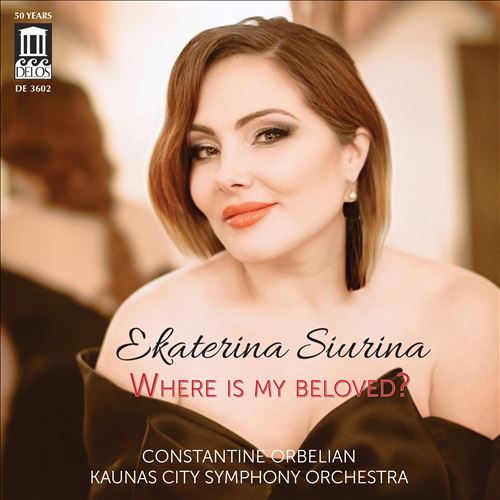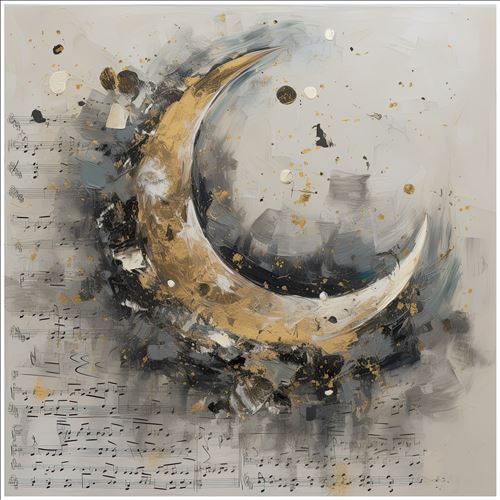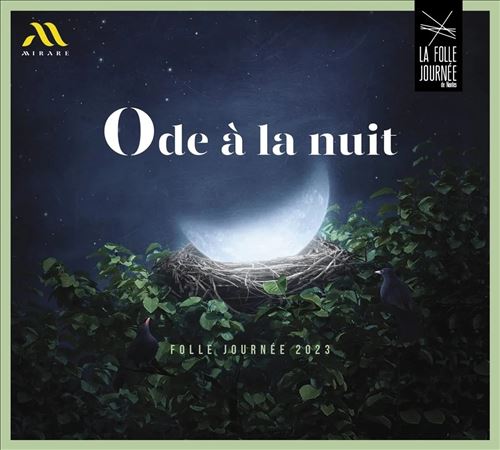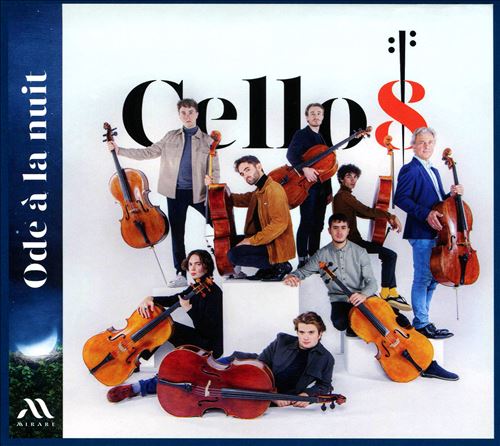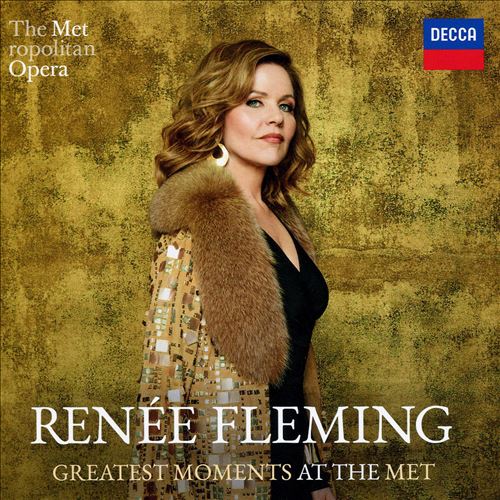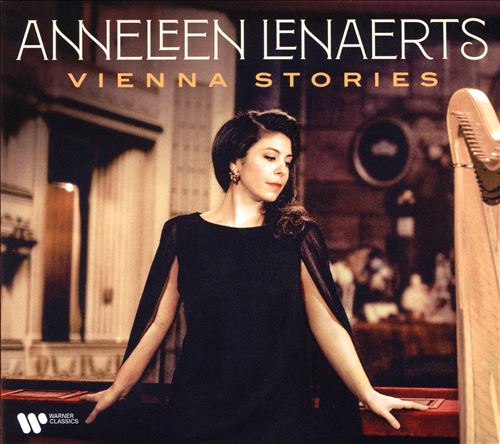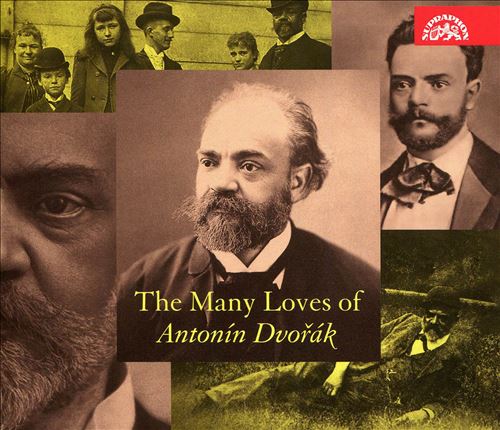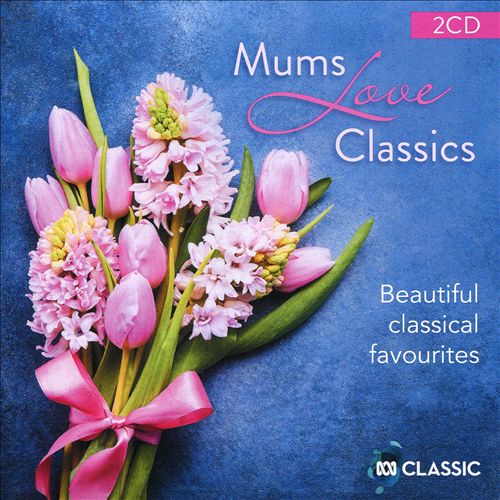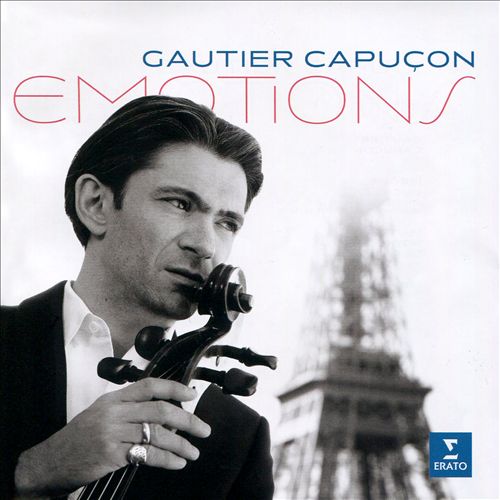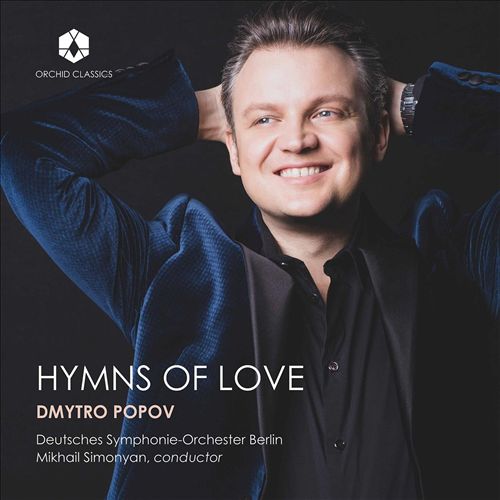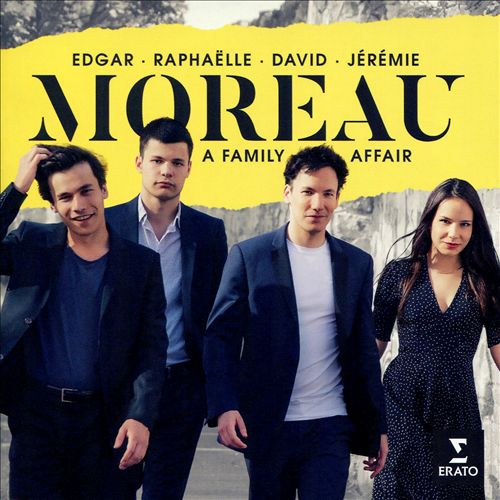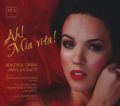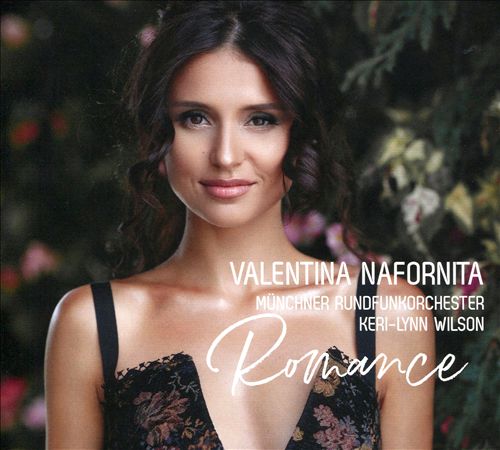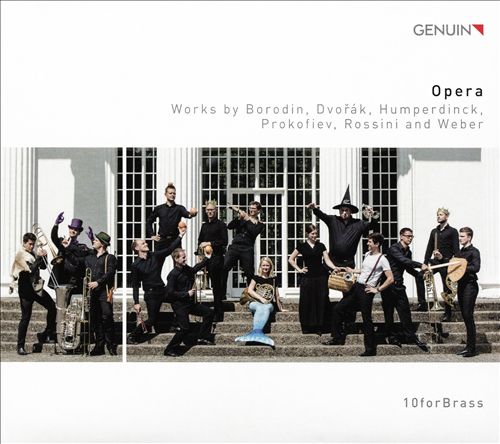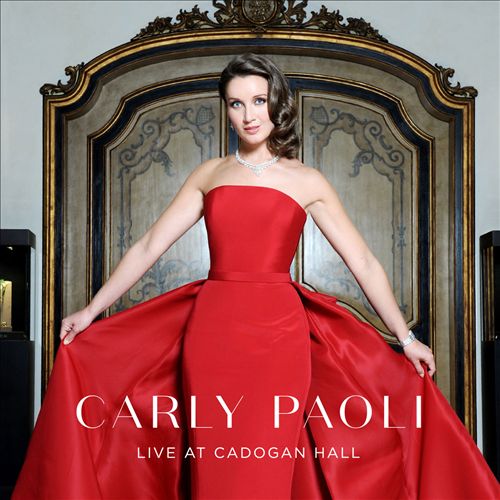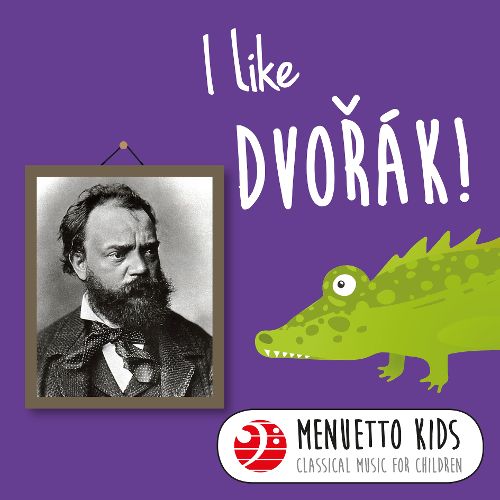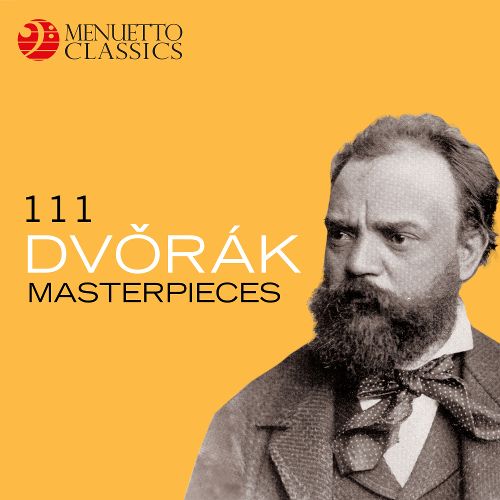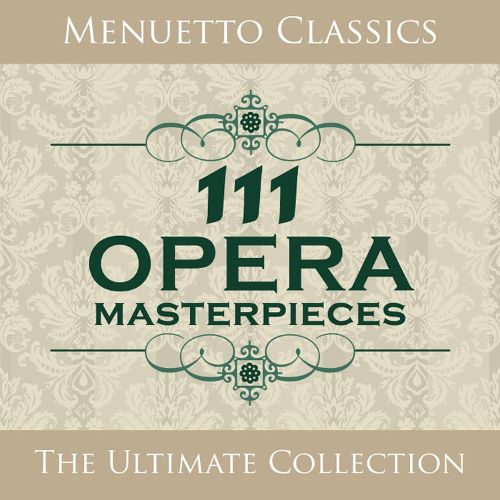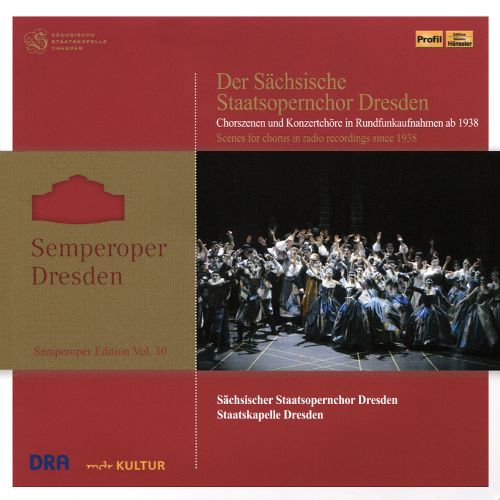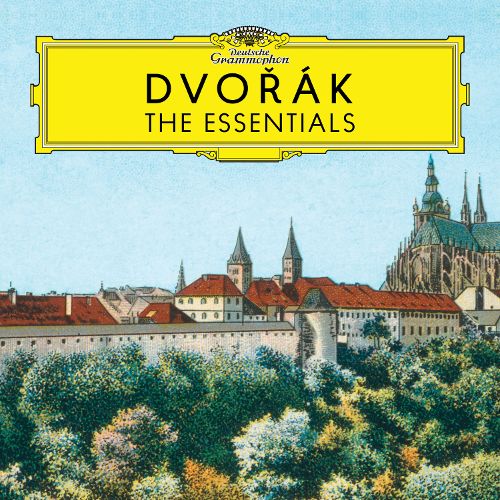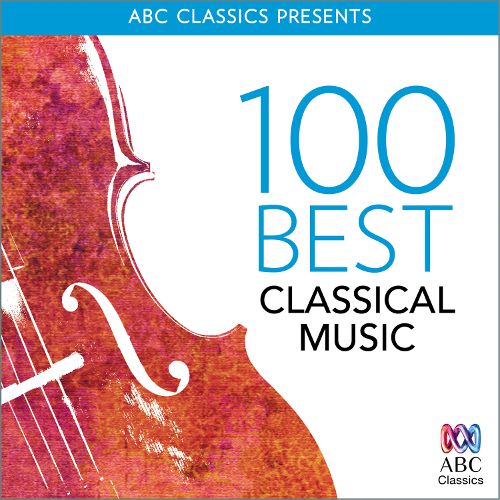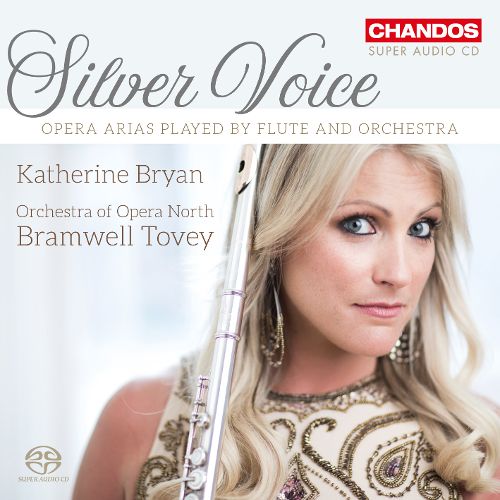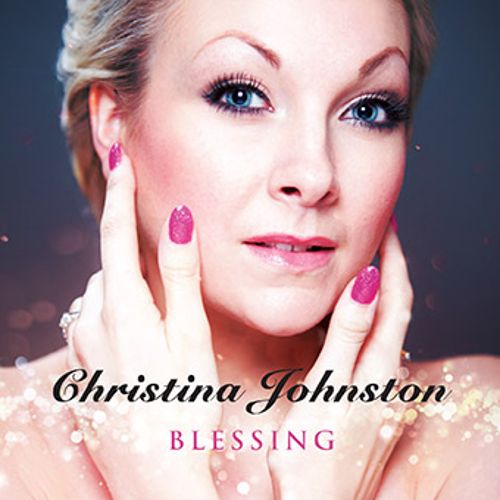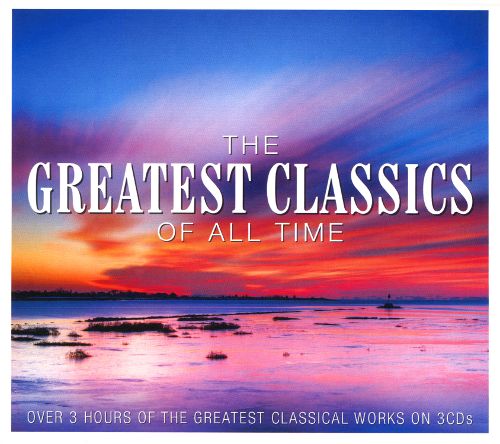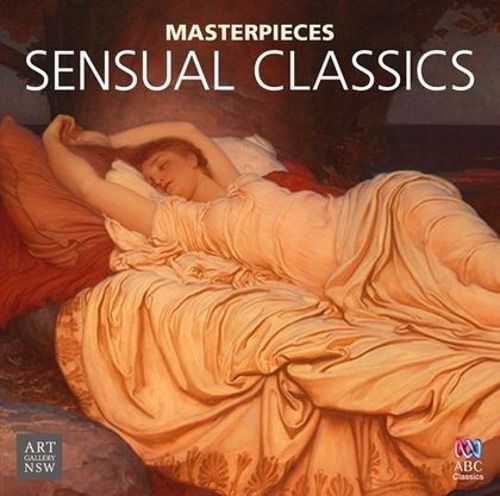Antonin Dvorák (안토닌 드보르자크)
Rusalka
100
10,000
1,400
WORK INFO
작곡가: Antonin Dvorák (안토닌 드보르자크)작곡년도: Apr 21, 1900 - Nov 27, 1900출판년도: 1905초연: Mar 31, 1901평균연주: 143:52악장1Overture4:022Act 1 : Hou, hou, hou, stoji mesic nad vodou! (Ho, ho, ho!)6:453Act 1 : I pekne vitám, pekne vitám (Watersprite, my father dear)3:554Act 1 : Hastrmánku, tatícku! (He comes here frequently)4:285Act 1 : Sem casto pricházi a v objetí mé stoupá4:496Act 1 : Mesícku na nebi hlubokém (Song to the Moon)6:087Act 1 : Ta voda studí, studí! Jezibabo! Jezibabo!3:158Act 1 : Staletá moudrost tvá vsechno ví7:089Act 1 : Tvoje moudrost vsechno tusí5:0010Act 1 : Cury mury fuk (Abracadabra!)3:5411Act 1 : Jel mladý lovec, jel a jel3:4412Act 1 : Ustante v lovu, na hrad vratte se5:3613Act 1 : Sestry, jedna scházi z nás!3:3314Act 2 : Járku, járku, klouce milé7:2315Act 2 : U nás v lese strasí4:0616Act 2 : Jiz týden dlís po boku (A week now do you dwell with me)8:1717Act 2 : Zda na chvíli princ vzpomene si prec5:5018Act 2 : Slavnostní hudba - balet7:2119Act 2 : Celý svet nedá ti, nedá (No one in this world can give you)4:1820Act 2 : Kvetiny bílé po ceste (White blossoms all along the road)3:2621Act 2 : Rusalka, znás mne, znás?5:3722Act 2 : Vidís je, vidís? Jsou tu zas7:2323Act 3 : Necitelná vodní moci (Insensible water power)7:2124Act 3 : Aj, aj? Uz jsi se navrátila?4:1325Act 3 : Vyrvána zivotu v hlubokou samotu4:2726Act 3 : Ze se bojís? Tresky, plesky4:5827Act 3 : Mám, zlaté vlásky mám7:2728Act 3 : Bílá moje lani! Bílá moje lani!4:4329Act 3 : Milácku, znás mne, znás? (Do you still know me, lover?)9:3630Act 3 : Líbej mne, líbej, mír mi prej9:53Rusalka ( [ruˈsalka ( listen)), Op. 114, is an opera ('lyric fairy tale') by Antonín Dvořák. The Czech libretto was written by the poet Jaroslav Kvapil (1868–1950) based on the fairy tales of Karel Jaromír Erben and Božena Němcová. Rusalka is one of the most successful Czech operas, and represents a cornerstone of the repertoire of Czech opera houses. A Rusalka is a water sprite from Slavic mythology, usually inhabiting a lake or river. Dvořák had played viola for many years in pit orchestras in Prague (Estates Theatre from 1857 until 1859 while a student, then from 1862 until 1871 at the Provisional Theatre). He thus had direct experience of a wide range of operas by Mozart, Weber, Rossini, Lortzing, Verdi, Wagner and Smetana. Rusalka was the ninth opera Dvořák composed. For many years unfamiliarity with Dvořák’s operas outside Czechoslovakia helped reinforce a perception that composition of operas was a marginal activity, and that despite the beauty of its melodies and orchestral timbres Rusalka was not a central part of his output or of international lyric theatre. In recent years it has been performed more regularly by major opera companies. In the five seasons from 2008 to 2013 it was performed by opera companies worldwide far more than all of Dvořák's other operas combined. The most popular excerpt from Rusalka is the "Song to the Moon" ("Měsíčku na nebi hlubokém") from act 1 which is often performed in concert and recorded separately. It has also been arranged for violin and used on film sound tracks.
Kvapil's libretto, based on Erben's and Božena Němcová's work, was written before he had any contact with the composer. The plot contains elements which also appear in The Little Mermaid by Hans Christian Andersen and in Undine by Friedrich de la Motte Fouqué, and has been described as a "sad, modern fairy tale", in a similar vein to his previous play, Princessa Pampeliška. The libretto was completed by 1899, when Kvapil began looking for composers interested in setting his text. His composer friends were engaged with other works, but mentioned that Dvořák was looking for a project. The composer, always interested in Erben's stories, read the libretto and composed his opera quite rapidly, with the first draft begun on 22 April 1900 and completed by the end of November. Coming after his four symphonic poems inspired by the folk-ballads of Erben of 1896–97, Rusalka may be viewed as the culmination of Dvořák’s exploration of a "wide variety of drama-creating musical techniques".From WIKIPEDIA
RELEASED ALBUMS
-
Masabane CeciliaFebruary 28, 2025
-
Classic IIApril 19, 2024
-
EssenceNovember 24, 2023
-
Where Is My Beloved?September 22, 2023
-
Dvorák: Rusalka, Op. 114 - Song to the MoonJuly 28, 2023
-
Ode à la nuit: Folle Journée 2023February 24, 2023
-
Ode à la nuitFebruary 17, 2023
-
Her Greatest Moments at the MetJanuary 13, 2023
-
RachelApril 8, 2022
-
Vienna StoriesDecember 10, 2021
-
ImaginationOctober 8, 2021
-
The Many Loves of Antonín DvorákOctober 1, 2021
-
Mums Love ClassicsMay 7, 2021
-
EmotionsNovember 20, 2020
-
Hymns of LoveNovember 20, 2020
-
A Family AffairNovember 20, 2020
-
Ah! Mia Vita!: Beautiful Opera Arias and DuetsJanuary 24, 2020
-
RomanceJanuary 24, 2020
-
Opera: Works by Borodin, Dvorák, Humperdinck, Prokofiev, Rossini and WeberMarch 15, 2019
-
Live at Cadogan HallAugust 31, 2018
-
I Like Dvorák! Menuetto Kids: Classical Music for ChildrenMay 11, 2018
-
111 Dvorák MasterpiecesMay 11, 2018
-
111 Opera MasterpiecesMay 11, 2018
-
Semperoper-Edition, Vol. 10: Der Sächische Staatsopernchor DresdenMarch 2, 2018
-
Dvorák: The EssentialsFebruary 16, 2018
-
100 Best: Classical MusicJanuary 17, 2018
-
Silver Voice: Opera Arias Played by Flute and OrchestraNovember 3, 2017
-
BlessingSeptember 29, 2017
-
Greatest Classics of All TimeSeptember 22, 2017
-
Sensual Classics [ABC]June 2, 2017
FEATURED MOVIES
-
 06:57드보르자크: 루살카 Cancion a la Luna
06:57드보르자크: 루살카 Cancion a la Luna -
 06:19드보르자크: 루살카 Mesicku na nebi hlubokem
06:19드보르자크: 루살카 Mesicku na nebi hlubokem -
 07:25드보르자크: 루살카 Song to the Moon
07:25드보르자크: 루살카 Song to the Moon -
 06:38드보르자크: 루살카 Song to the Moon
06:38드보르자크: 루살카 Song to the Moon -
 05:12드보르자크: 루살카 Song to the Moon
05:12드보르자크: 루살카 Song to the Moon -
 05:49드보르자크: 루살카 Song to the Moon18 december 2011Westerkerk, Amsterdam
05:49드보르자크: 루살카 Song to the Moon18 december 2011Westerkerk, Amsterdam -
 05:25드보르자크: 루살카 Song to the Moon2013
05:25드보르자크: 루살카 Song to the Moon2013 -
 06:20드보르자크: 루살카 Song to the Moon
06:20드보르자크: 루살카 Song to the Moon -
 06:07드보르자크: 루살카 Song to the Moon
06:07드보르자크: 루살카 Song to the Moon -
 07:14드보르자크: 루살카 Song to the Moon29.08.2009Prague, RUDOLFINUM
07:14드보르자크: 루살카 Song to the Moon29.08.2009Prague, RUDOLFINUM -
 06:54드보르자크: 루살카 Song to the moon
06:54드보르자크: 루살카 Song to the moon -
 05:36드보르자크: 루살카 Song to the Moon
05:36드보르자크: 루살카 Song to the Moon -
 06:17드보르자크: 루살카 Song to the Moon1980Zurich Opera House
06:17드보르자크: 루살카 Song to the Moon1980Zurich Opera House -
 07:08드보르자크: 루살카 Mesicku na nebi hlubokemPrague Smetana Hall
07:08드보르자크: 루살카 Mesicku na nebi hlubokemPrague Smetana Hall -
 07:47드보르자크: 루살카 Song to the Moon2010PROMS
07:47드보르자크: 루살카 Song to the Moon2010PROMS
ALBUM MUSIC
WORKS SHOUTS


